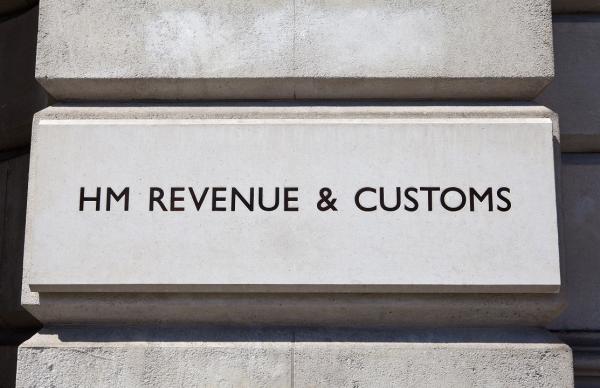
Draft Legislation: Closing in on promoters of marketed tax avoidance
The ATT has commented on draft legislation on Closing in on promoters of marketed tax avoidance (‘the Consultation’) which was issued on 21 July 2025.
The proposed legislation seeks to strengthen the Disclosure of tax avoidance schemes (DOTAS) and Disclosure of tax avoidance schemes for VAT and other indirect taxes (DASVOIT), by revising existing civil sanctions and introduction a new criminal penalty. New legislation will include a Universal Stop Notice (USN), Promoter Action Notice (PANs), Connected Parties Information Notice (CPIN) and a Promoter Financial Information Notice (PFIN) all targeted to frustrate the actions of those who promote or enable marketed tax avoidance.
In the ATT’s response, we recognise that there is no place in our society for those involved in the creation, promotion, and sale of tax marketed avoidance schemes that do not comply with the letter or spirit of the law, and we support the Government’s work in deterring, disrupting and otherwise frustrating promoters of tax avoidance.
However, whilst we support the introduction of targeted information notices, the ability to frustrate the supply of goods and services to promoters via PANs and USNs, we have reservation around the framing of criminal sanctions. Whilst enhanced financial and a criminal sanctions may serve as a deterrent for onshore promoters, we remain sceptical about their efficacy in dissuading offshore promoters from engaging in similar activities.
We have the reiterated our view that imposing a criminal sanction purely on the commission of an act without consideration of the individual’s intent or understanding is neither proportionate nor appropriate in the context of tax compliance. We also believe that targeting criminal liability too broadly risks capturing legitimate professional activity and could distort the tax advice market. Advisers may be deterred from offering legitimate services if they perceive an undue risk of exposure to criminal liability, even where there is no intent to promote avoidance.














